×
By Fiona Leslie
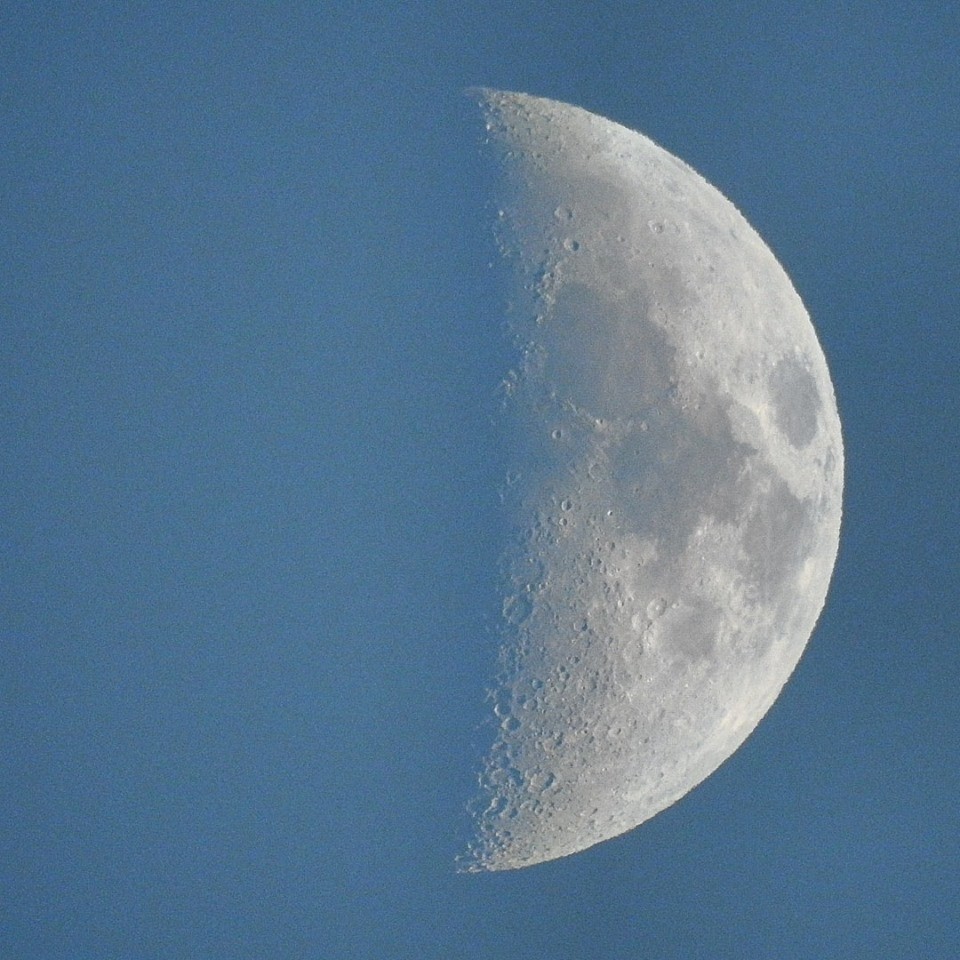
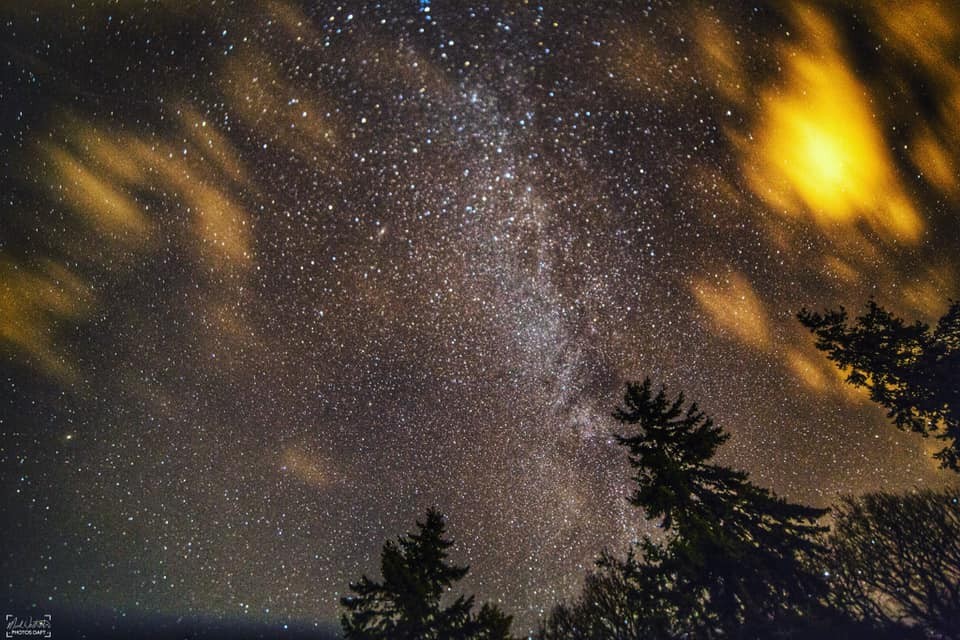
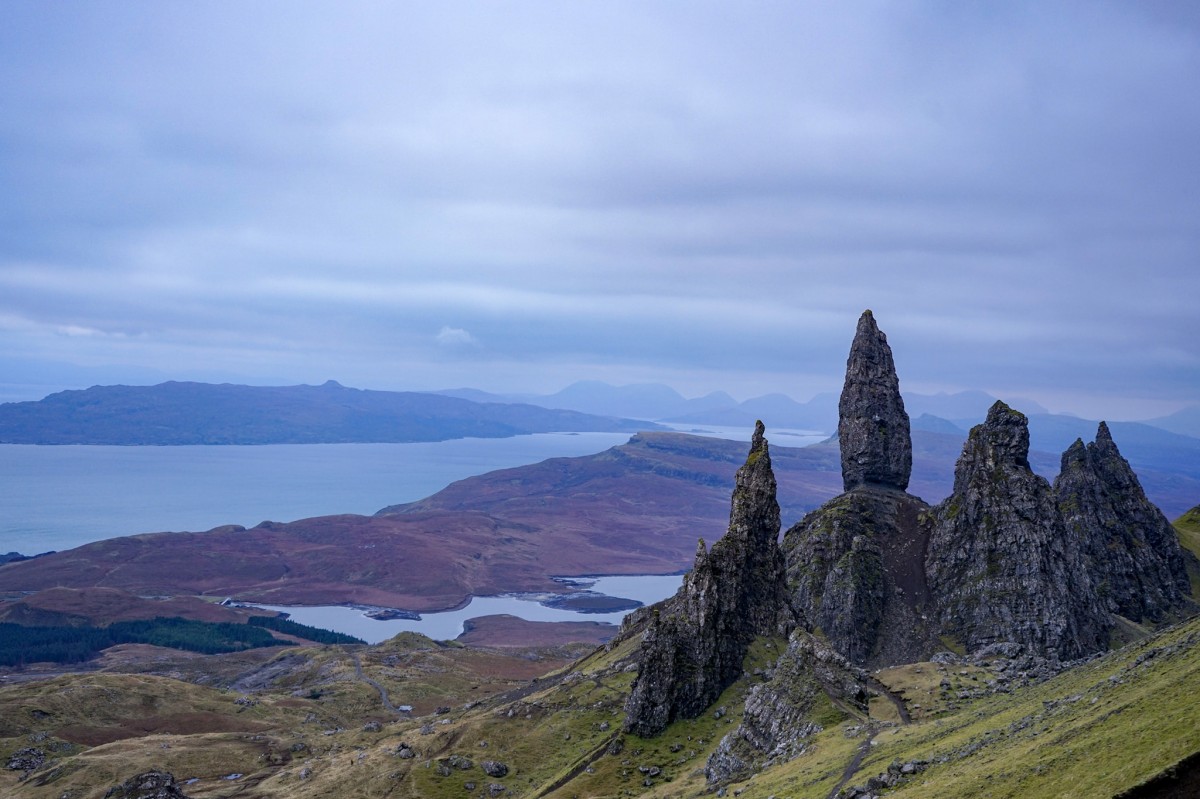
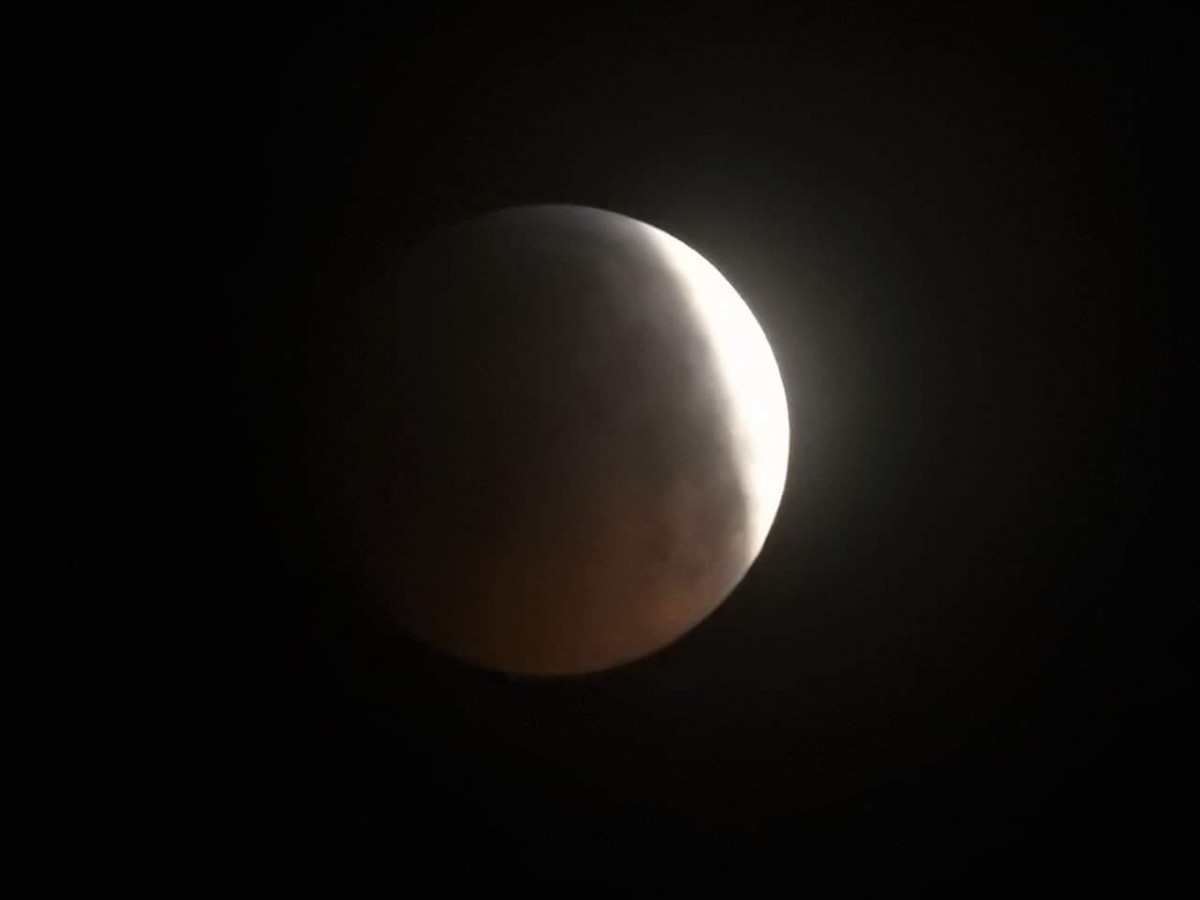
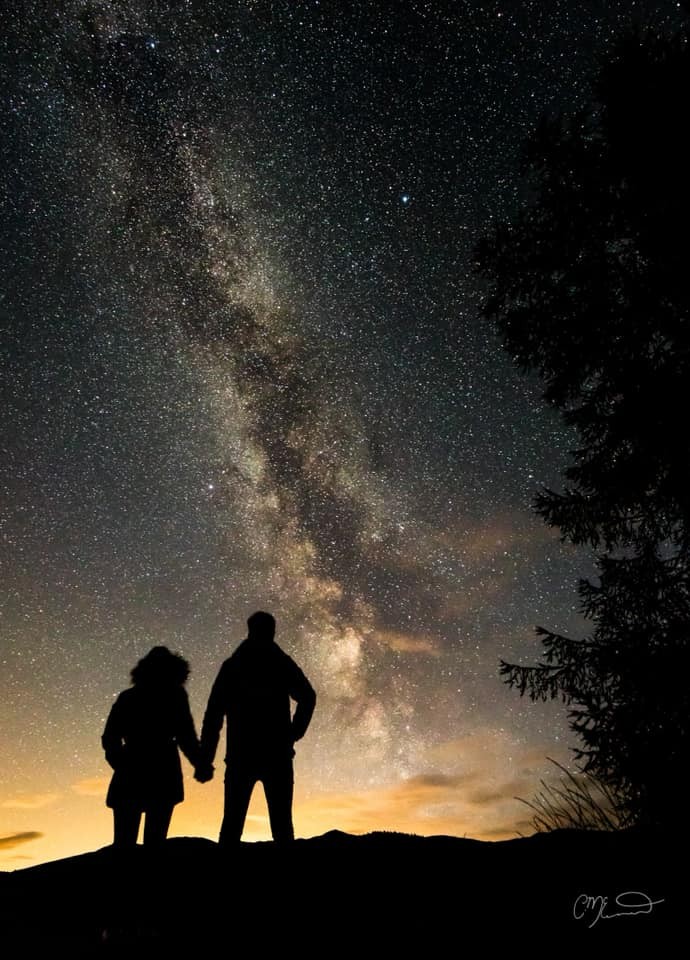
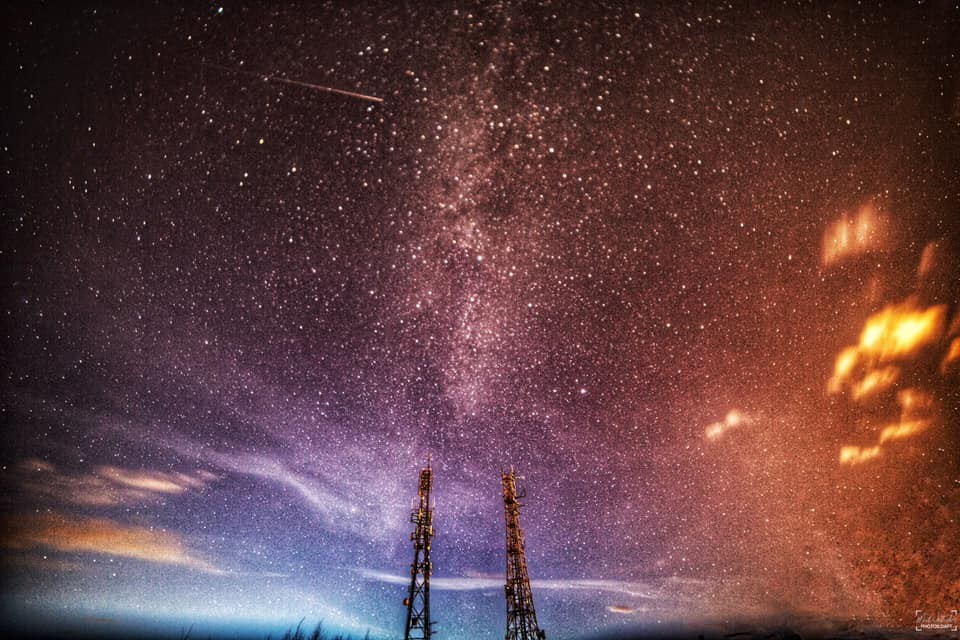
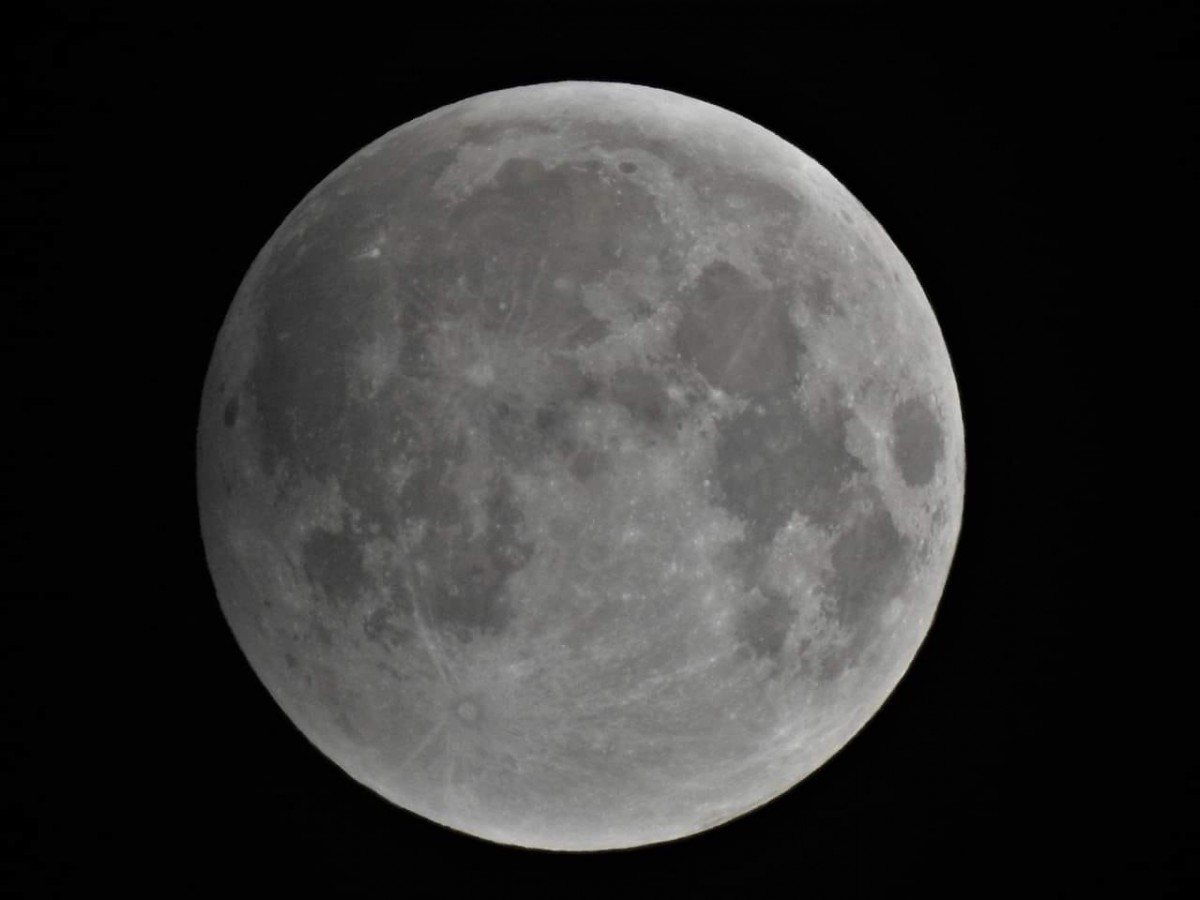
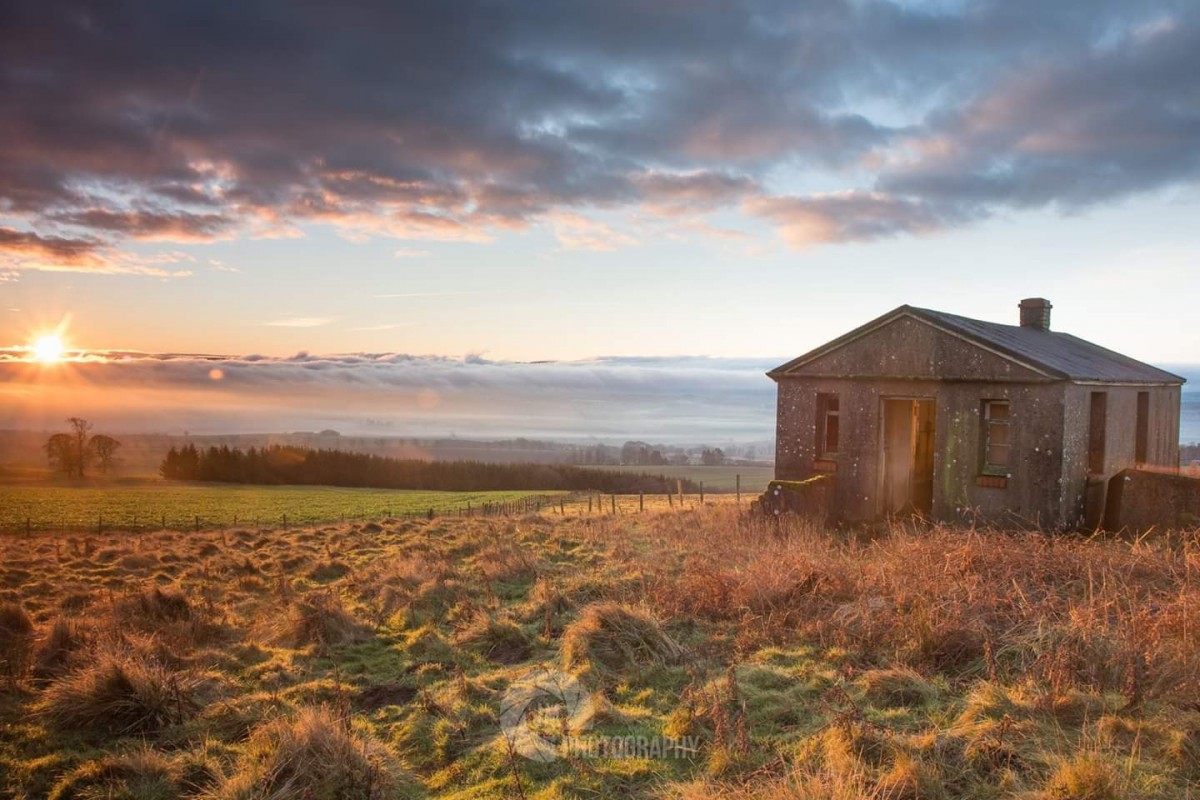
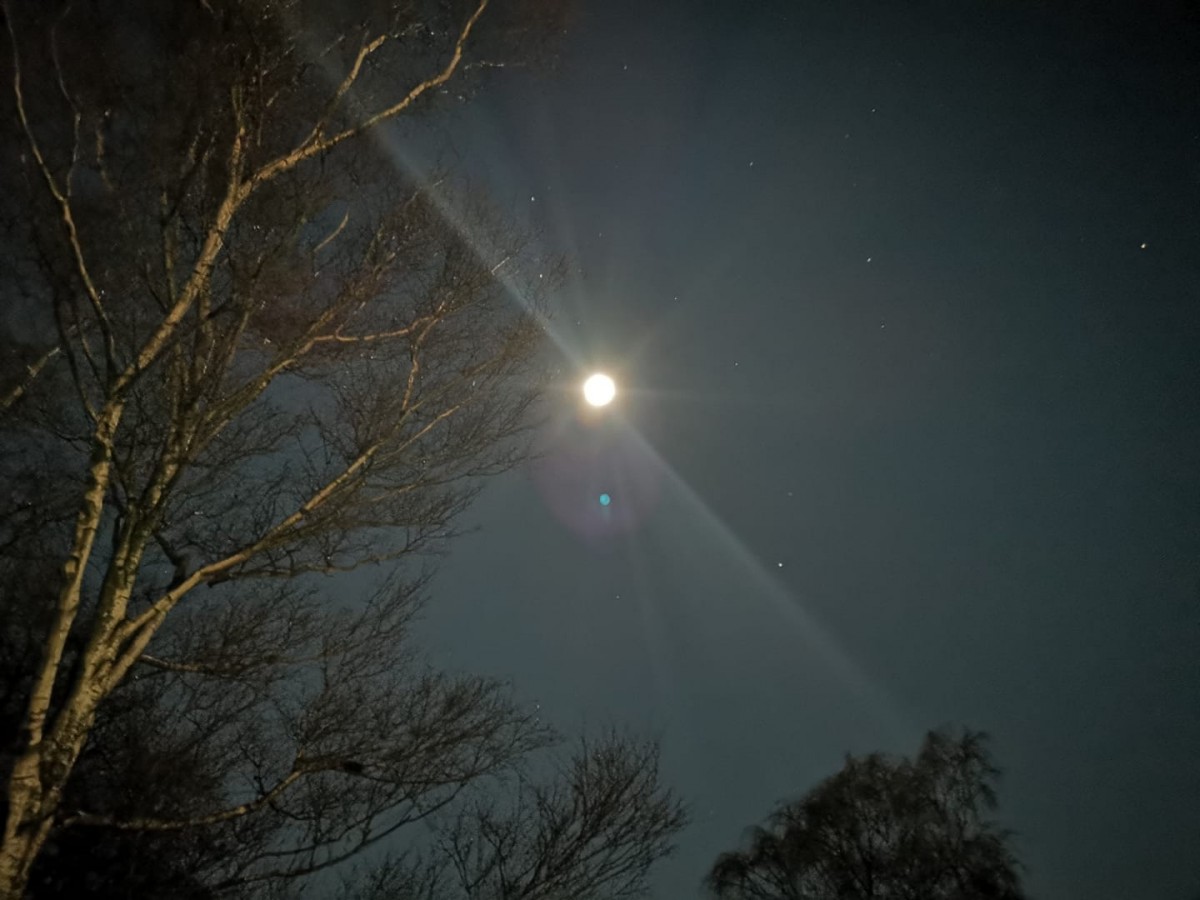
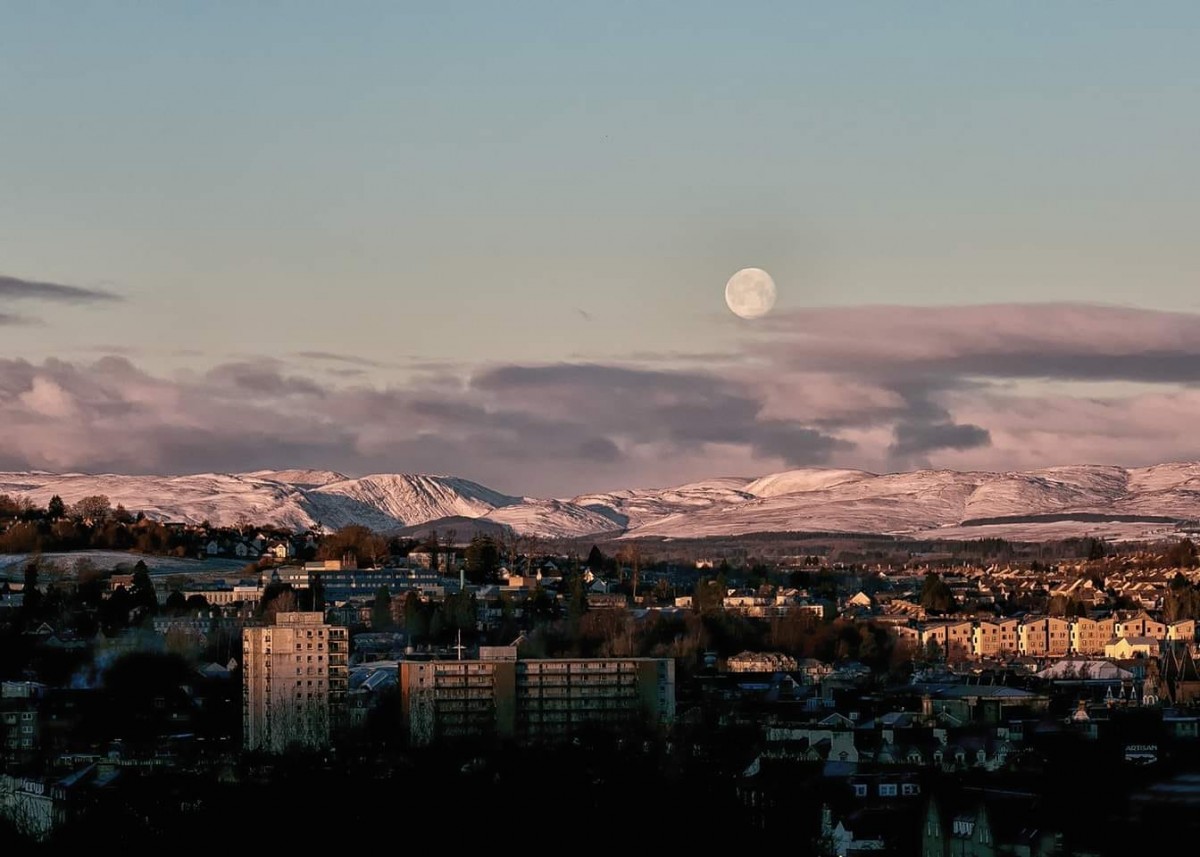

30 January 2019
Supermoons, Lunar Eclipses and Blood Moons - oh my!
Our gallery this week is full of pictures you've sent in of the recent Supermoon eclipse, with a few starry January shots thrown in for good measure.
This took place on the 21st of January 2019 and was the first of three Supermoons to take place this year.
However - this is arguably the most dramatic Supermoon of 2019.
Not only was there a Supermoon, but there was also a total lunar eclipse. Oh - and for astrology nerds, the moon was in the sign of Leo, known for all things flamboyant, energising, and of course - dramatic!
So what exactly IS a supermoon, how do they occur, and what do they represent?
Supermoons simply refer to times when the Moon appears much larger than normal from here on Earth, and much brighter too.
It occurs when the Moon's rotations naturally bring it closer to Earth than is usual - around 16,000 miles closer!
Supermoons have been said to represent a time of great creativity, and potentials abound.
It is a time when energies seem to be supercharged and somewhat intensely felt.
It's a great time to reflect, and to channel those energies into setting your intentions for the upcoming future.
So what about solar eclipses, and blood moons?
Solar eclipses take place when the Sun, Earth and Moon are completely or very closely aligned.
Earth blocks direct sunlight from reaching the Moon during a lunar eclipse, and due to the way the light refracts and scatters (find out more about that in our sunsets gallery), this causes the Moon to temporarily take on a red glow.
This is known as the blood moon.
There are very few people who's imaginations and hearts aren't captured by celestial phenomena - even in today's hectic modern world where we all seem to be trying to get from A to B in one piece.
It's somewhat humbling to both be reminded of our minute significance in the big scheme of things - we are just specks of dust in the Universe - and that some of the greatest wonders to be seen are free.
All we need to do is remember to look up, sometimes.
**
GALLERY PHOTOGRAPHERS
Thanks to all of our brilliant readers for sending in their photography!
Connor McLaren
Corina Richards
Debbie Wallace
Fiona Leslie
Jamie McEachen
Mark Angus
Mark Miller
Mark Westwater
Marysia Macfarlane
Rab Dobbie
Tim Haynes
Wallace Gilbraith